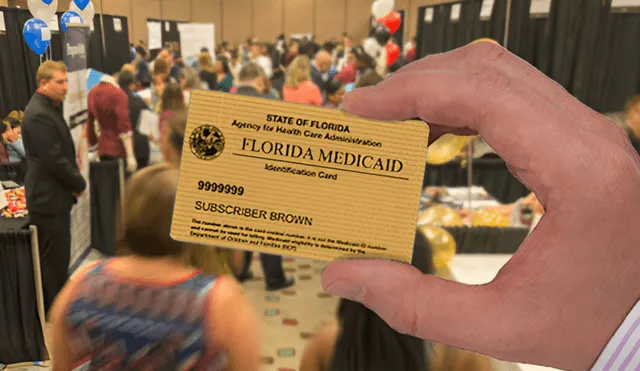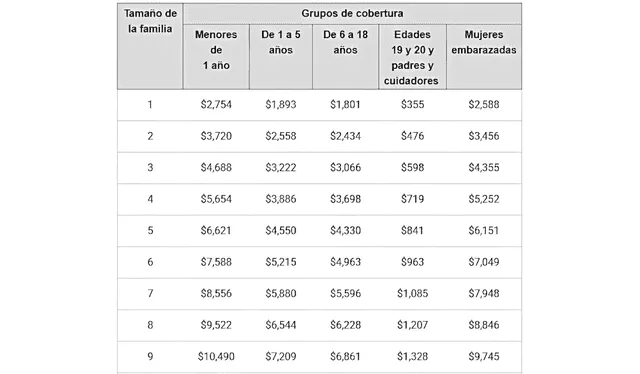How much you need to earn to qualify for Medicaid in Florida in 2025
Florida’s Department of Children and Families sets eligibility for Medicaid based on income, age, and household size.

Medicaid is a joint federal and state program that helps cover medical costs for people with limited income and resources. It provides coverage for millions of Americans, including children, pregnant women, parents, seniors, and individuals with disabilities. In Florida, eligibility is determined by the state’s Department of Children and Families (DCF), based on several factors including age, household size, and income.
While the federal government sets broad Medicaid guidelines, each state has flexibility to administer the program with its own income limits and eligibility categories. In Florida, the income thresholds are updated annually and vary depending on the specific coverage group and the number of people in the household.
Florida Medicaid income limits by family size and age
As of April 2025, Florida DCF applies the Federal Poverty Level (FPL) in setting monthly income limits for Medicaid applicants based on age category and household size. There are maximum gross monthly income limits, as outlined below:
For a family of 1:
- Under age 1: $2,754
- Ages 1–5: $1,893
- Ages 6–18: $1,801
- Ages 19–20, parents, caregivers: $355
- Pregnant women: $2,588
For a family of 2:
- Under age 1: $3,720
- Ages 1–5: $2,558
- Ages 6–18: $2,434
- Ages 19–20, parents, caregivers: $476
- Pregnant women: $3,456
For a family of 3:
- Under age 1: $4,688
- Ages 1–5: $3,222
- Ages 6–18: $3,066
- Ages 19–20, parents, caregivers: $598
- Pregnant women: $4,355
For a family of 4:
- Under age 1: $5,654
- Ages 1–5: $3,886
- Ages 6–18: $3,698
- Ages 19–20, parents, caregivers: $719
- Pregnant women: $5,252
For a family of 5:
- Under age 1: $6,621
- Ages 1–5: $4,550
- Ages 6–18: $4,330
- Ages 19–20, parents, caregivers: $841
- Pregnant women: $6,651

The Medicaid table shows age criteria within families in Florida. Photo: LA NACION
Other eligibility factors for Florida Medicaid
In addition to income, eligibility for Medicaid in Florida also considers a household’s assets and the applicant’s specific situation, such as disability status or pregnancy. Both gross income (before taxes) and countable income (used by Medicaid for calculations) play a role.
Certain assets—such as a primary residence, one vehicle, and personal belongings—are excluded from consideration. However, financial assets like checking accounts, stocks, bonds, and secondary real estate are included when determining eligibility. Covering Central Florida, an informational site on financial assistance, notes that Medicaid applicants should carefully review both income and asset limits when applying.













